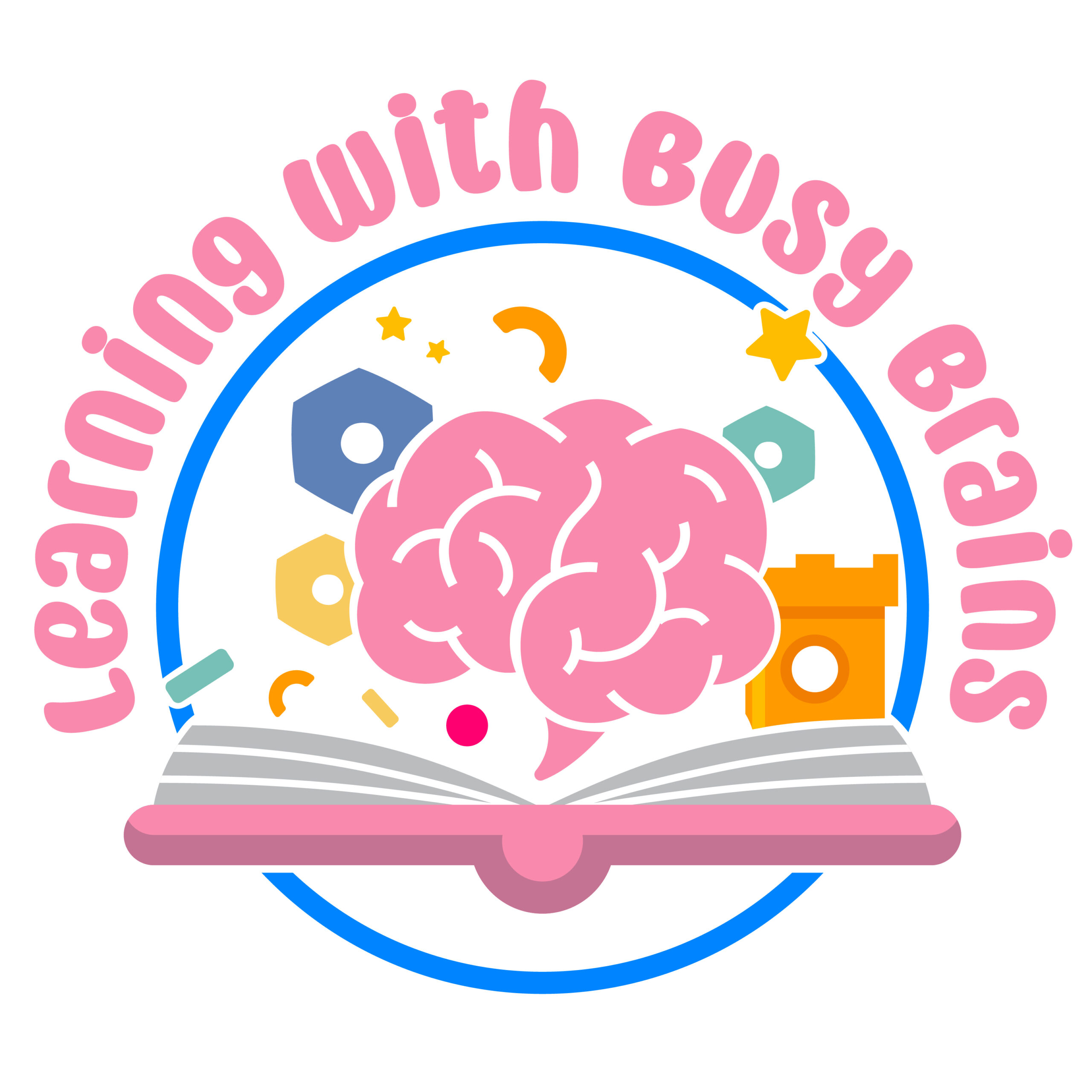Homeschooling offers a unique opportunity for neurodivergent Salafi families to create an environment that is tailored to the needs of both their faith and their children’s learning differences. Here are 50 reasons why homeschooling can be a beneficial choice:
Faith-Centered Learning
- Islamic Environment: Infuse Islamic values and teachings into every aspect of the curriculum.
- Daily Quran and Islamic Studies: Dedicate focused time to Quran memorization, tajweed, and understanding Islamic principles.
- Personalized Salah Schedule: Flexibility to integrate prayer times without disrupting learning.
- Manners and Adab: Teach Islamic etiquette in real-life settings, ensuring children understand their practical application.
- Halal Curriculum Choices: Use a variety of resources, including western or secular materials, while filtering content through an Islamic lens to ensure it aligns with your family’s values and beliefs. This allows for a broader range of learning while maintaining a strong foundation in Islamic principles.
- Tawheed-Focused: Build a curriculum based on the concept of tawheed (oneness of Allah) in every subject.
- Islamic Holidays: No need to navigate around non-Islamic holidays; focus on Eid celebrations and other Islamic occasions.
- Avoiding Un-Islamic Influences: Protect your children from un-Islamic behaviors or environments.
- Sunnah-Based Routine: Shape the school day around the Sunnah, encouraging habits like early rising, cleanliness, and moderation.
- Instill a Strong Muslim Identity: Create a space where children are proud of their Salafi identity and values.
Neurodivergence-Specific Benefits
- Tailored Learning: Personalize the curriculum to your child’s learning style, strengths, and challenges.
- Sensory-Friendly Environment: Control the sensory stimuli to meet the needs of children with sensory sensitivities.
- Focus on Strengths: Utilize strength-based learning to empower children rather than focusing on their weaknesses.
- Adaptable Pacing: Children can move at their own pace, allowing more time for challenging subjects or accelerating through material they master quickly.
- Breaks for Emotional Regulation: Integrate breaks for children to regulate their emotions and avoid overwhelm.
- Calm Learning Space: Eliminate the noise, distractions, and overstimulation that can occur in traditional schools.
- Interest-Based Learning: Allow children to pursue topics they are passionate about, which can improve focus and engagement.
- Therapies at Home: Incorporate therapies (occupational, speech, etc.) directly into the school day.
- Flexibility for Energy Levels: Adjust schedules according to your child’s energy and attention patterns, avoiding burnout.
- Build Confidence: Homeschooling fosters a safe space where children are not compared to peers, helping them develop self-confidence.
Academic Flexibility
- One-on-One Attention: Offer individualized teaching and guidance, which can be especially beneficial for children who need extra support.
- Customized Curriculum: Choose or design a curriculum that best fits your child’s developmental stage and interests.
- Hands-On Learning: Incorporate more practical, kinesthetic learning methods that neurodivergent children often thrive on.
- Real-Life Skills: Teach life skills alongside academics, preparing children for adulthood.
- No Rigid Timetables: Freedom to adjust schedules as needed, without being bound by school hours.
- Avoid Busywork: Focus on meaningful, productive learning instead of unnecessary repetition or busywork.
- Creative Expression: Encourage creativity in ways that mainstream education might not allow, such as art, music, or coding.
- Accommodate Special Interests: Weave special interests into lessons to enhance engagement and deep learning.
- Work at Your Own Speed: Children can skip ahead in subjects they excel in and take more time with those they find difficult.
- Integrated Learning: Combine subjects for a holistic approach, making learning more cohesive and less compartmentalized.
Emotional and Mental Well-Being
- Reduce Anxiety: Avoid the stress and anxiety that often come with traditional schooling environments.
- Social Emotional Learning: Teach emotional intelligence in a more personalized setting, helping children with ASD or ADHD better understand social cues.
- Manage Meltdowns: Homeschooling provides the space to manage emotional meltdowns without the embarrassment or pressure that might happen in a classroom.
- Emotional Safety: Provide an emotionally safe environment, free from bullying or negative peer influences.
- Focus on Mental Health: Incorporate self-regulation and mindfulness techniques tailored to neurodivergent needs.
- Family Bonding: Homeschooling can strengthen family bonds by spending more time together in a loving, supportive environment.
- Encourage Self-Awareness: Help children become more aware of their strengths, triggers, and needs.
- Avoid Shaming: Prevent the shaming or misunderstanding that neurodivergent children might face from teachers or classmates.
- Self-Paced Development: Allow children to develop socially and emotionally at their own pace, without pressure from peers or school expectations.
Social Flexibility and Relationships
- Custom Socialization: Curate positive social interactions in safe, controlled environments that suit your child’s temperament.
- Avoid Peer Pressure: Homeschooling reduces exposure to negative peer influences and pressure to conform.
- Islamically-Oriented Friendships: Connect with other Salafi homeschooling families or Islamic communities for wholesome, like-minded socialization.
- Selective Social Engagements: Choose social events and extracurricular activities that are accommodating to your child’s needs.
- Sibling Bonding: Strengthen sibling relationships as children spend more time learning and interacting together.
Practical Benefits for Salafi Families
- Financial Flexibility: Avoid the high costs associated with private Islamic schools or specialized neurodivergent programs.
- Homeschool Co-ops: Join or create a Salafi-based homeschool co-op where families can pool resources and support each other.
- Aligned with Family Goals: Homeschooling can be adapted to align with the family’s long-term educational, religious, and life goals.
- Freedom from School Schedules: Plan vacations, family time, or important religious obligations like Hajj without worrying about missing school.
- No Uniforms or Dress Code Issues: Dress in a way that is comfortable and Islamically appropriate, without pressure from school policies.
- Strengthen Islamic Foundations: At the core, homeschooling gives Salafi families the chance to prioritize deen, ensuring that children grow up with a strong foundation in Islam while accommodating their unique learning needs.
Homeschooling allows neurodivergent Salafi families to provide a compassionate, faith-based, and personalized learning experience, fostering their children’s growth in both deen and dunya. Each family’s journey is unique, but the benefits are vast and far-reaching, empowering parents to create an environment where their children can thrive academically, emotionally, and spiritually.
For More Insight: If you’re considering homeschooling as a Salafi family, please read my review of “A Homeschooling Handbook for Salafi Families” . It offers detailed guidance on how to integrate Islamic principles with effective homeschooling strategies, helping you navigate the journey with confidence.


